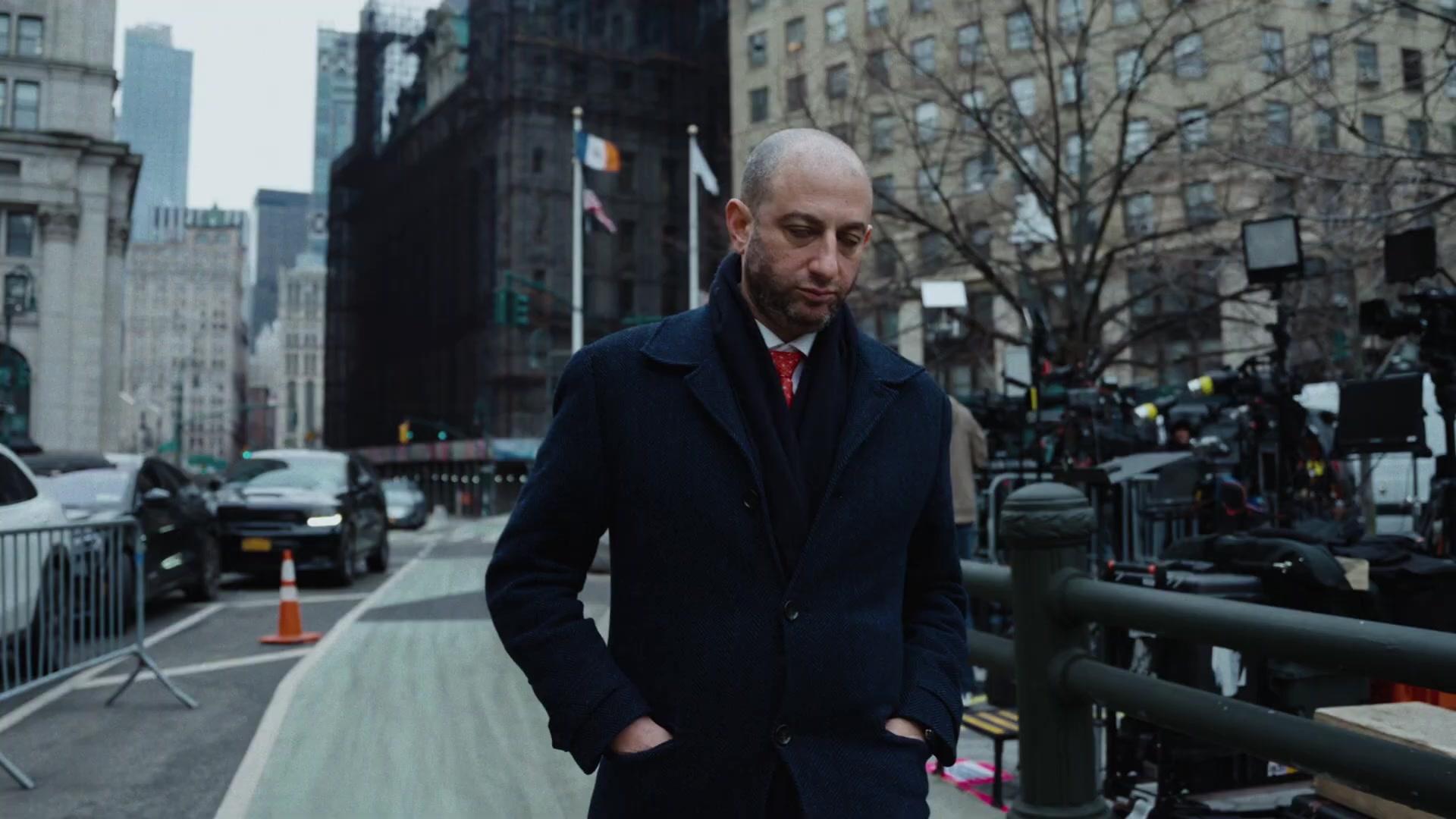Voluntary Surrender of DEA Registration
Voluntary surrender of DEA registration is a way for healthcare practitioners to avoid further penalties and consequences by voluntarily giving up their DEA registration. It’s often offered as an alternative to having your license suspended or revoked, or facing other charges related to your DEA registration. However, it’s not always the best option for healthcare practitioners. In many cases, voluntarily surrendering your DEA registration may be unnecessary and too severe of a penalty for the alleged violation. You may be able to negotiate with the DEA and avoid voluntary surrender altogether. This is where our healthcare attorneys can help you navigate the process and ensure you make the best decision for your career.What Happens if I Voluntarily Surrender My Registration?
If you voluntarily surrender your registration, you will no longer be able to prescribe controlled substances in any state in which you are licensed. You will also lose your eligibility for Medicare reimbursement and participation in Medicaid programs, which could negatively impact your practice or hospital employment opportunities in the future. Voluntarily surrendering your registration may also affect any pending civil litigation against you or disciplinary actions being taken by state licensing boards, as well as any criminal charges that may be pending against you related to controlled substances issues. You should always consult with an experienced healthcare attorney before making any decisions regarding voluntary surrender of your DEA registration so that all possible consequences are considered before making such a decision that could negatively impact your career for years into the future.What Are the Alternatives to Voluntary Surrender?
There are often alternatives to voluntary surrender of your DEA registration. The DEA may agree to accept your surrender of your registration for a limited period of time or for a specific purpose, such as allowing you to continue prescribing controlled substances in a hospital setting but not in an outpatient setting. The DEA may also agree to place conditions on your registration that would limit the types of controlled substances that you are authorized to prescribe or how many patients you can treat with controlled substances. The DEA may also agree to suspend your registration for a period of time and then allow you to reapply for it after the suspension period has expired. You should always consult with an experienced healthcare attorney before making any decisions regarding voluntary surrender of your DEA registration so that all possible consequences are considered before making such a decision that could negatively impact your career for years into the future.How Can I Avoid Voluntary Surrender?
15,000+
Federal Cases Filed Annually
90%
Plea Before Trial
How Does the DEA Revoke a License?
The DEA may revoke a license for cause. In order to revoke a license, the DEA must prove that the practitioner is guilty of gross negligence or misconduct. The agency must also prove that the practitioner’s registration is not in compliance with the Controlled Substances Act. The revocation process is similar to that of a suspension, and it includes an opportunity for the practitioner to respond to allegations and attend a hearing.What Happens if My DEA License is Revoked?
If your DEA license is revoked, you will no longer be able to prescribe controlled substances. You will also be unable to renew your license or reapply for registration with the DEA in the future.How Can I Protect Myself Against Suspension or Revocation?
The best way to protect yourself against suspension or revocation of your DEA registration is by remaining compliant with all regulations and requirements set forth by state and federal law. You should also avoid prescribing controlled substances outside of your scope of practice, as this can lead to allegations of fraud or misconduct. Finally, you should consult with an attorney if you receive notice from the DEA that your registration may be suspended or revoked.
Defense Team Spotlight
Todd Spodek
Lead Attorney & Founder
Featured on Netflix’s “Inventing Anna,” Todd brings decades of experience defending clients in complex criminal cases.
Frequently Asked Questions
No. You have the right to remain silent and the right to an attorney. Invoke both rights immediately and contact Spodek Law Group.
Every case is different. We offer free initial consultations to evaluate your case and discuss our fee structure.
An arraignment is your first court appearance where charges are formally read. You enter a plea and bail may be set. Having an attorney present is critical.








